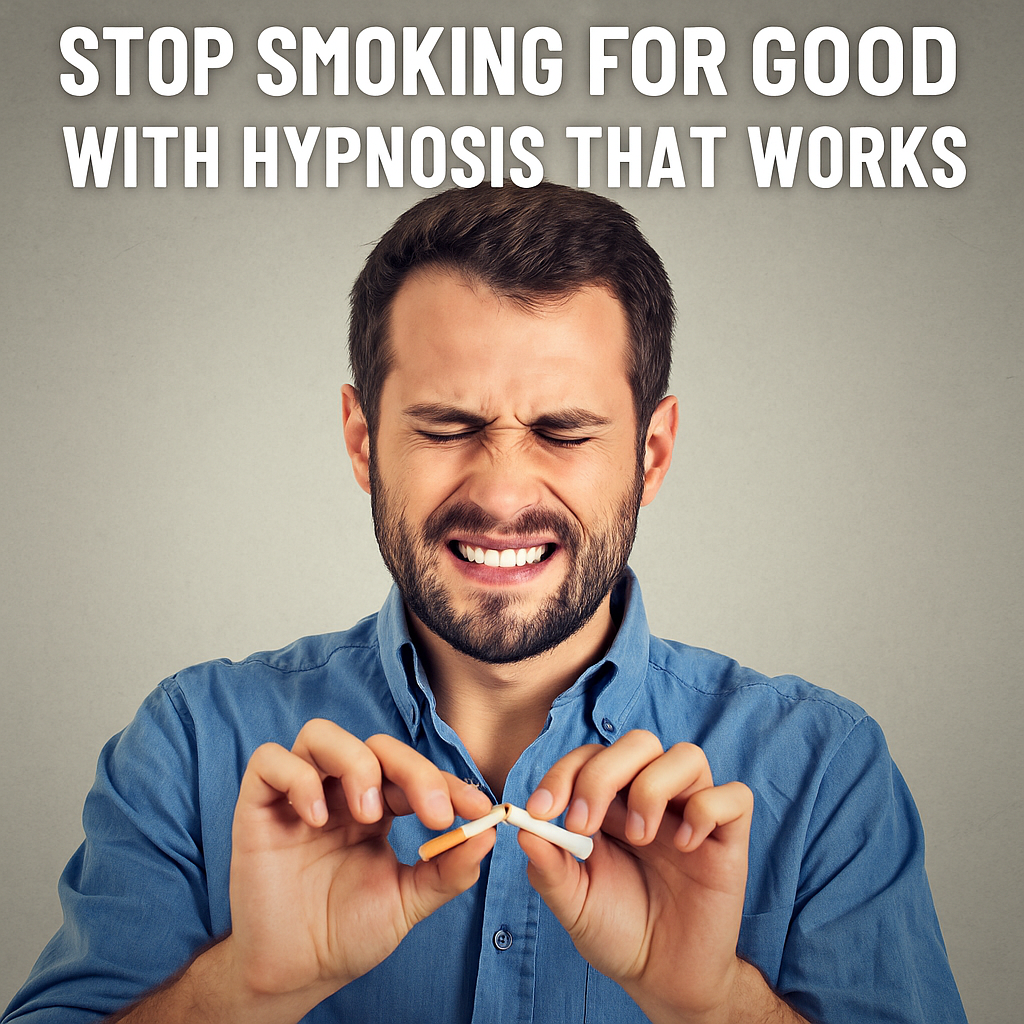Overcoming The Fear Of Fear
If you live in the US, I hope you had a great 4th of July last week!
Today’s note of inspiration…
We’ve all experienced that sudden rush of dread, the pit in our stomachs, and the quickening heartbeat. Fear is a universal human experience but becomes a constant companion for some, even when there’s no apparent threat.
Today, we explore the concept of being afraid of fear itself and offer insights on how to break free from this debilitating cycle.
Many of us live with an underlying anxiety about potential future problems — financial struggles, family issues, or professional setbacks. Sometimes, fear strikes unexpectedly, even during seemingly perfect moments. This phenomenon often stems from deep-seated beliefs about our safety and worthiness of happiness.
The fear of fear can be particularly debilitating. Even after we’ve learned to handle life’s challenges rationally, our bodies may still react with fight-or-flight responses. This disconnect between our logical understanding and bodily reactions can be frustrating and confusing.

I often feared something terrible would happen, even when I didn’t know what that “bad thing” was. Usually, it was the fear of not having enough money to cover bills. Other times, it was the fear of my kids getting hurt, my marriage falling apart, or not being able to reach my professional goals.
But then there were times when I’d be driving down the highway on a beautiful sunny day and suddenly feel a rush of sickness in my gut for no apparent reason. The fear would start in my solar plexus and then radiate like an acid river into my stomach. Then, I had a hard time breathing and felt panicky, like I had to do something, but I didn’t know what to do.
These are the side effects of an adrenaline rush when the fight or flight response kicks in. But what activated that reaction when everything was going well? Eventually, I discovered that it was an unconscious belief that I wasn’t safe, and any time I let my guard down or felt happy, it triggered a sensation that “it would be taken away from me.”
After years of feeling anxious, I started being afraid of being afraid. Logically, I had learned that I’d be okay no matter what happened and that 99% of the events I worried about never occurred, and if they did, I could handle them. So why did I still have those feelings even after upgrading my beliefs?
I’ve concluded that it was just a habit of not liking a particular bodily sensation and then fixating on it rather than allowing it to visit and move on.
As author Harriet Lerner aptly puts it, “Fear is a message. Sometimes it’s helpful, and sometimes it’s not.” The key lies in learning to differentiate between valid warnings and false alarms and changing our relationship with fear.
One of my clients expressed it this way.
“I’m finally understanding the difference between being scared and feeling relaxed. I now pay attention to what brings me joy at the moment rather than focusing on the feeling of fear. There are so many things to get joy from now that I never paid attention to because I was always looking for and giving all my attention to my fears.
When fear does come up, I notice if it is my body’s valid attempt to alert me that I must take action to keep myself safe or if it’s a false alarm. Almost always, it’s a false alarm, so I move the fear outside of me and then distance myself from it. The fear is not me. It’s over there now, separate from me. Before, it was inside me and felt all-consuming and everywhere.
But now, we have shifted that, and I can let the feeling go or communicate with it to see if there is a message. Most of the time, it fades away because my energy and attention are focused on finding joy now.”
This client learned to externalize fear and view it as separate from their core self, and you can do the same.
Here is a 3-Step Strategy for distancing yourself from fear:
- Practice mindful observation and breathe:
When fear arises, observe it without judgment. Notice the physical sensations and thoughts associated with it, but don’t identify with them. Then start power breathing through your nose, down to your belly, and slowly exhaling to stimulate your Relaxation Response.
- Externalize the fear:
Visualize your fear as an object or entity outside yourself. This can help create emotional distance and reduce its power over you. Place the fear “over there” or behind a glass wall, so you’re aware of it but separate from it.
- Redirect focus to joy: Actively seek out and appreciate positive moments in your day. This trains your mind to look for the good rather than constantly scanning for threats.
Remember, as psychologist Susan Jeffers famously said, “Feel the fear and do it anyway. Embracing fear as a natural part of life rather than something to be avoided at all costs can lead to greater resilience and personal growth.”
In closing, let the words of Mark Twain inspire you: “Courage is resistance to fear, mastery of fear, not absence of fear.” By changing our relationship with fear, we can live more fully and joyfully, even in the face of life’s uncertainties.
Tim Shurr
Author, One Belief Away
!
PS: “In life, there will always be flowers and weeds. What grows tallest depends upon what you water most.”
*If you’re ready to free yourself from anxiety and fear, schedule a FREE 15-minute telephone consultation: https://timshurr.as.me/hypnosis
The post Overcoming The Fear Of Fear first appeared on Indy Hypnosis Center.



